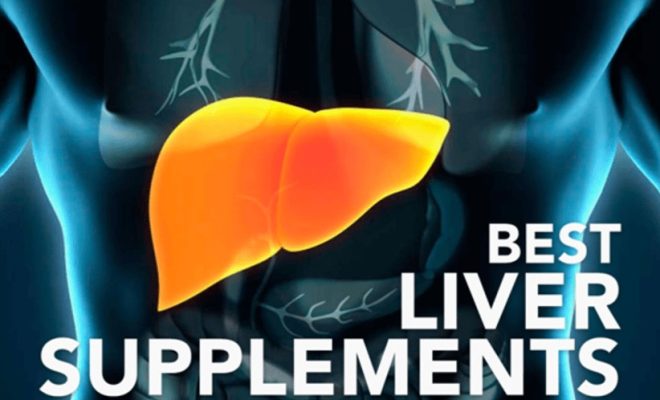What Are the Best Diets of 2024?

As we move into 2024, the landscape of dieting continues to evolve with a focus on health, sustainability, and personalization. Current trends and scientific studies point towards several diets that are leading the way in promoting well-being and weight management. Here are some of the best diets of 2024:
1. Plant-Based Diet: Continuing its popularity, the plant-based diet is renowned for its benefits for heart health, reducing the risk of chronic diseases, and enhancing weight loss. This diet emphasizes whole foods like fruits, vegetables, grains, nuts, and seeds while minimizing animal products.
2. Mediterranean Diet: This diet remains a perennial favorite due to its association with longevity and reduced risk of cardiovascular disease. It is rich in fruits, vegetables, whole grains, olive oil, and lean proteins from fish and poultry.
3. Flexitarian Diet: Blending flexibility with vegetarian principles, this diet allows occasional consumption of meat and other animal products but primarily focuses on plant-based foods. It offers a practical approach to sustainable eating that reduces meat intake without eliminating it entirely.
4. Keto Diet: Despite its controversy, the ketogenic diet continues to be popular among those looking to lose weight quickly. By drastically reducing carbohydrate intake in favor of fats and moderate protein, the body enters a state of ketosis which can lead to rapid weight loss.
5. Nordic Diet: Similar to the Mediterranean diet but focusing on foods native to the Nordic countries, this diet is high in fiber-rich vegetables, berries, fatty fish, and whole grains. It’s praised for its balance and potential to improve blood lipid profiles.
6. Whole30 Diet: This restrictive diet has gained popularity for its approach to eliminate certain food groups that might be causing health issues. Over 30 days, individuals remove sugar, alcohol, grains, legumes, soy, and dairy from their diets to reset their system.
7. Mindful Eating Diet: While not a diet in the traditional sense of prescribing specific foods or calorie limits, mindful eating is an approach that encourages awareness of hunger cues and emotional connection to food which can lead to healthier food choices and portions naturally.
8. Intermittent Fasting: As an eating pattern rather than a strict diet plan, intermittent fasting can include various methods such as the 16/8 method or 5:2 approach; it has been linked to weight loss along with improved metabolic health.
9. Personalized Nutrition Plans: With advances in technology and a better understanding of genetic factors influencing metabolism (nutrigenomics), personalized nutrition plans custom-tailored to an individual’s unique nutritional needs have become more mainstream.
Each one of these diets has its pros and cons depending on individual needs such as weight loss goals or managing certain health conditions – always consult with a healthcare provider before starting any new dietary regimen.






